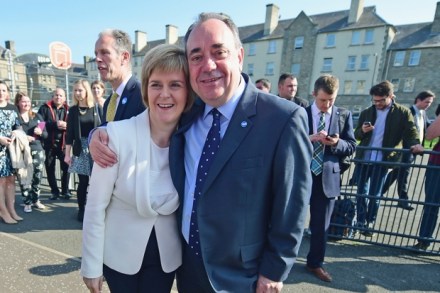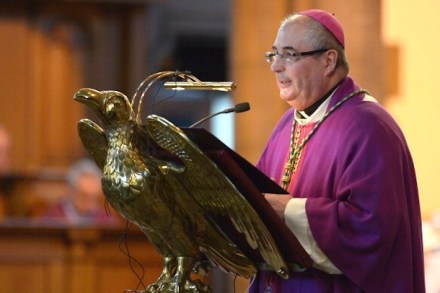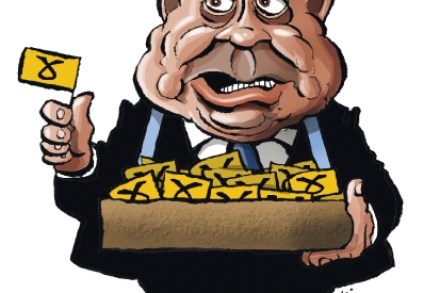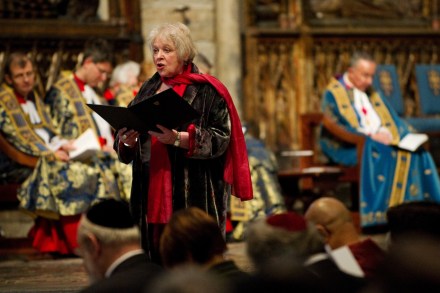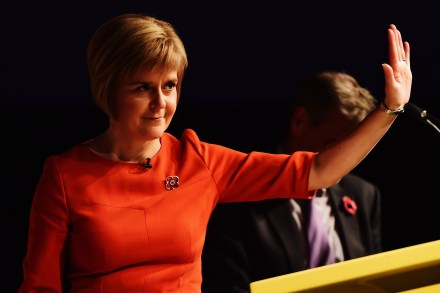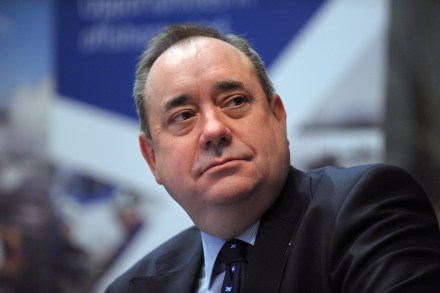Scottish electoral geography is working to the SNP’s advantage
The dramatic rout of Scottish Labour continues. Polls suggest the SNP will take 55 out of 59 seats and of the 14 constituencies surveyed by Lord Ashcroft, only Glasgow North East is set to remain in Labour hands. Such political collapses are rare in UK politics – so what’s going on? Prior to 2011, the dividing line of Scottish politics was ‘to be or not to be’ Labour. This was a huge advantage to a party which, faced with split opposition, managed to win 69% of Scottish seats in 2010 with just 42% of the vote. The singular success of Alex Salmond was, first, to turn the SNP into the clearest and most credible opposition to
